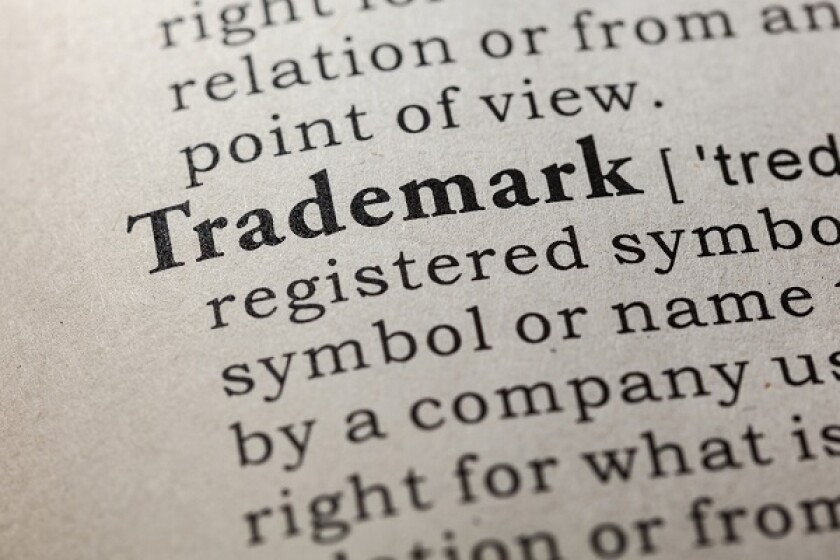On August 28 2020, the Ministry of Commerce (MOC) announced that the "soft-opening period" to refile trademarks under the country's new Trademark Act would begin on October 1 2020. This period, which is open to holders of trademarks recorded under Myanmar's old system and to trademark owners who can prove prior use of their trademarks in the country, is expected to run for six months, though no closing date was stipulated in the MOC announcement. The date of the eventual "grand opening" of the Intellectual Property Department (IPD) will be the filing date for all applications submitted during the soft-opening period.
What are the changes?
1) Filing procedure
Under the old system, brand owners (or their agents) had to file manually an original notarised declaration of ownership and legalised power of attorney with the Office of Registration of Deeds (ORD) under the Ministry of Agriculture, Livestock and Irrigation, which would then proceed with recordation. Under the new system, online filing is now in place, the original hard copies are not required, and the authority is the Intellectual Property Department (IPD) of the Ministry of Commerce.
2) Priority rights
With the implementation of the Trademark Law 2019, Myanmar is changing from its former first-to-use system to a first-to-file one. In addition to the IPD, all concerned authorities, such as the police and the courts, will need to adjust to the new paradigm for defining the rights of trademark owners.
3) Examination procedure
Under the old system as defined under the Registration Act, there was no actual examination of the registrability of a mark. Registration could be refused if the officer felt that the mark was likely to be morally or legally objectionable, or likely to hurt the religious sensibilities of any Myanmar citizens. This is changed under the new system, and all trademarks registered under the old system and already used will be examined under the provisions of the Trademark Law 2019 before being published in the Trademark Gazette, upon which any interested person may file an opposition.
What are the challenges?
1) Trademark volume
According to an unofficial announcement before the soft-opening period, there are around 100,000 or more trademark declarations recorded under the old system. Moreover, the recordation of these trademarks was done manually, with the original declarations returned to the trademark owner after registration. There is no official search facility or database, and the ORD keeps its records confidential. Since many trademark owners want to claim protection under the Trademark Law 2019, the IPD must ensure that their online system and server can support the expected high volume of trademark filings.
2) Examination process
In addition to considering how many trademarks will be refiled under the new Trademark Law, the IPD will need to determine the procedures for examining all newly refiled trademarks, as well as how long this process will take–particularly in light of the high volume.
3) Using the online system
With the change to online filing, training and guidance for users will be essential in order to educate them not only on how to use the online system, but also about the law and the purpose of each requirement. Failing to provide this could result in serious delays for the registrar and IPD staff, and instability of the online system.
The soft-opening period to refile trademarks is the culmination of a long period of laying the groundwork for an updated IP protection regime in Myanmar. In the coming months and years, IP owners can expect to see progressive implementation of all four of Myanmar's recently enacted IP laws, resulting in a truly modern system that spurs growth and competition in the country.











